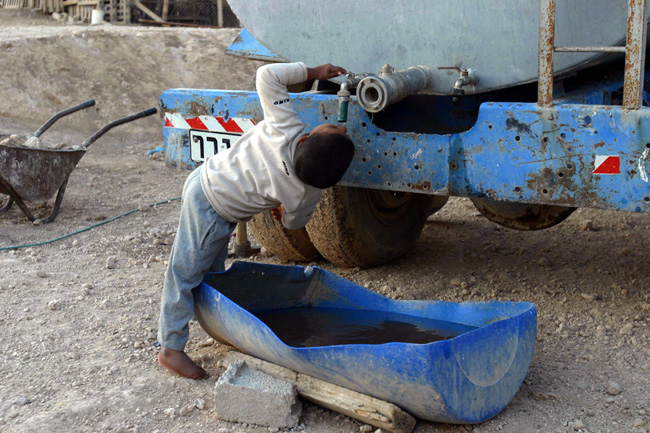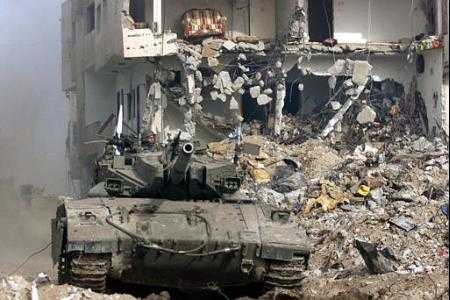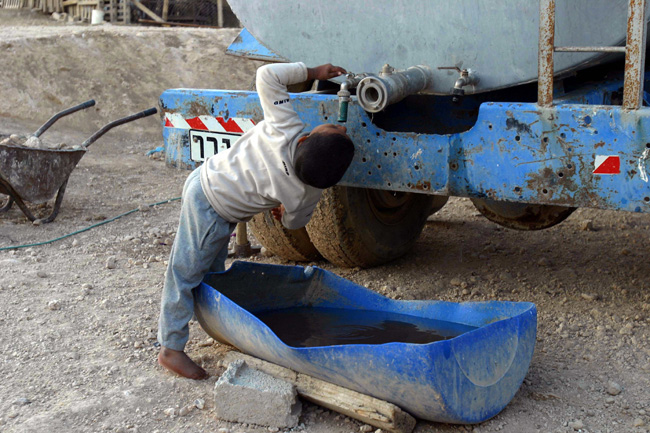Adalah petitions for an end to excessive water price rates in unrecognized Bedouin villages: Water Authority making illegal gains
On 24 July 2013, Adalah petitioned the Supreme Court on behalf of representatives of five unrecognized villages, with a combined population of over 12,000 Bedouin citizens of Israel. The petitioners are demanding that the court order the Water Authority to cut the significantly high water rates they must pay, as the current pricing system amounts to illegal gains for the Water Authority.
The Water Authority is charging residents of the unrecognized villages a flat rate that includes the full cost of water delivery to homes, including network installation and maintenance, as well as sewage collection. However, it is the villagers who collect and transport the water to their homes, and it is left to them to maintain all the water pipes and other infrastructure maintenance costs, while they also dig pits for sewage and waste water. No other citizens of Israel have to take on this work, and water is delivered directly to their homes. The Water Authority takes no account of the fact that as many as 80% of families in the unrecognized villages live in poverty, and that the excessive water rates they pay exacerbate their situation.
In a prior case, on 20 February 2013, the Supreme Court rejected Adalah’s appeal to connect the unrecognized village of Umm el-Hieran to the water network, ruling that the current water access point, located 8 kilometers away, constituted “sufficient access.”

A Bedouin child drinking from a water tanker in the unrecognized village of Umm el-Hieran in the Naqab (Photo by Adalah)


















